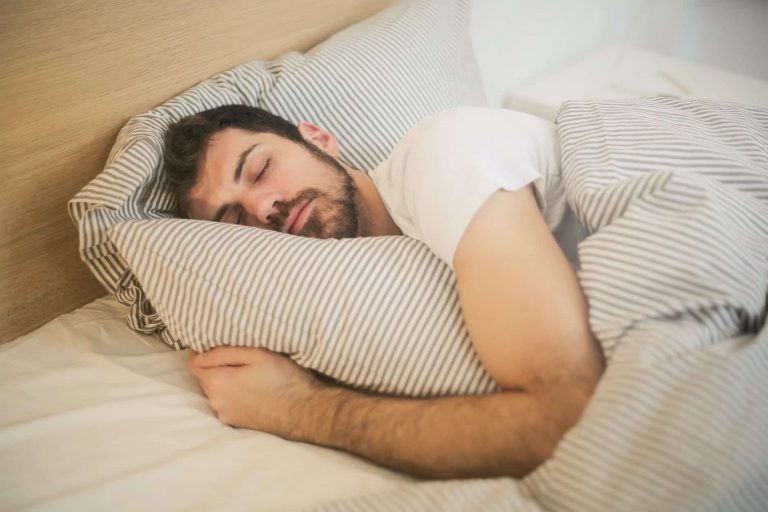Aside from being a great word for a spelling bee, you may be wondering what uvulopalatopharyngoplasty (UPPP) is. In short, it’s a procedure that opens the upper airways in order to treat sleep obstructive sleep apnea or severe chronic snoring. We review everything you need to know about this procedure below.
Why Is UPPP Performed?
As stated above, UPPP is performed to treat a condition called obstructive sleep apnea. People with this condition experience brief pauses in breathing during sleep caused by the soft palate collapsing, blocking the airway. If your partner says your snoring could compete with the trains at the Albany-Rensselaer, New York train station, this is a good sign you could be suffering from sleep apnea.
Sleep apnea also causes daytime symptoms like:
- Tiredness/fatigue
- Headaches
- Bad mood
- Memory problems
- Poor work performance
Left untreated, sleep apnea can cause serious health problems such as hypertension, heart disease, stroke and diabetes.
In many cases, obstructive sleep apnea can be treated with lifestyle changes or a continuous positive airway pressure (CPAP) therapy, but when these options don’t work, UPPP may be recommended.
What Happens During UPPP?
UPPP involves the removal of the soft tissues in the back of the throat, including:
- All or just part of the uvula
- Part of the soft palate
- Tissue at the sides of the throat
- Tonsils & adenoids
How to Prepare for UPPP
If your doctor recommends a UPPP procedure, they’ll give you a list of detailed instructions to help you prepare. This list may include the recommendations listed below.
Days Before the Surgery
- Stop taking blood thinners (including aspirin, ibuprofen, naproxen, clopidogrel and warfarin). Talk to your doctor about medications you take so they can tell you whether to continue them or not.
- Stop smoking, as this can slow healing. Your provider can provide you with resources for quitting. You should also eliminate alcohol during this time.
- Let your provider know if you get sick, as this requires your appointment to be postponed.
Day of the Surgery
- Don’t eat or drink anything the morning of the surgery.
- If you are instructed to take any medications, take them with just a small sip of water.
- Arrive on time at the hospital/clinic.
For more information about UPPP or other treatments for obstructive sleep apnea, call the sleep experts at Albany ENT & Allergy Services today.
